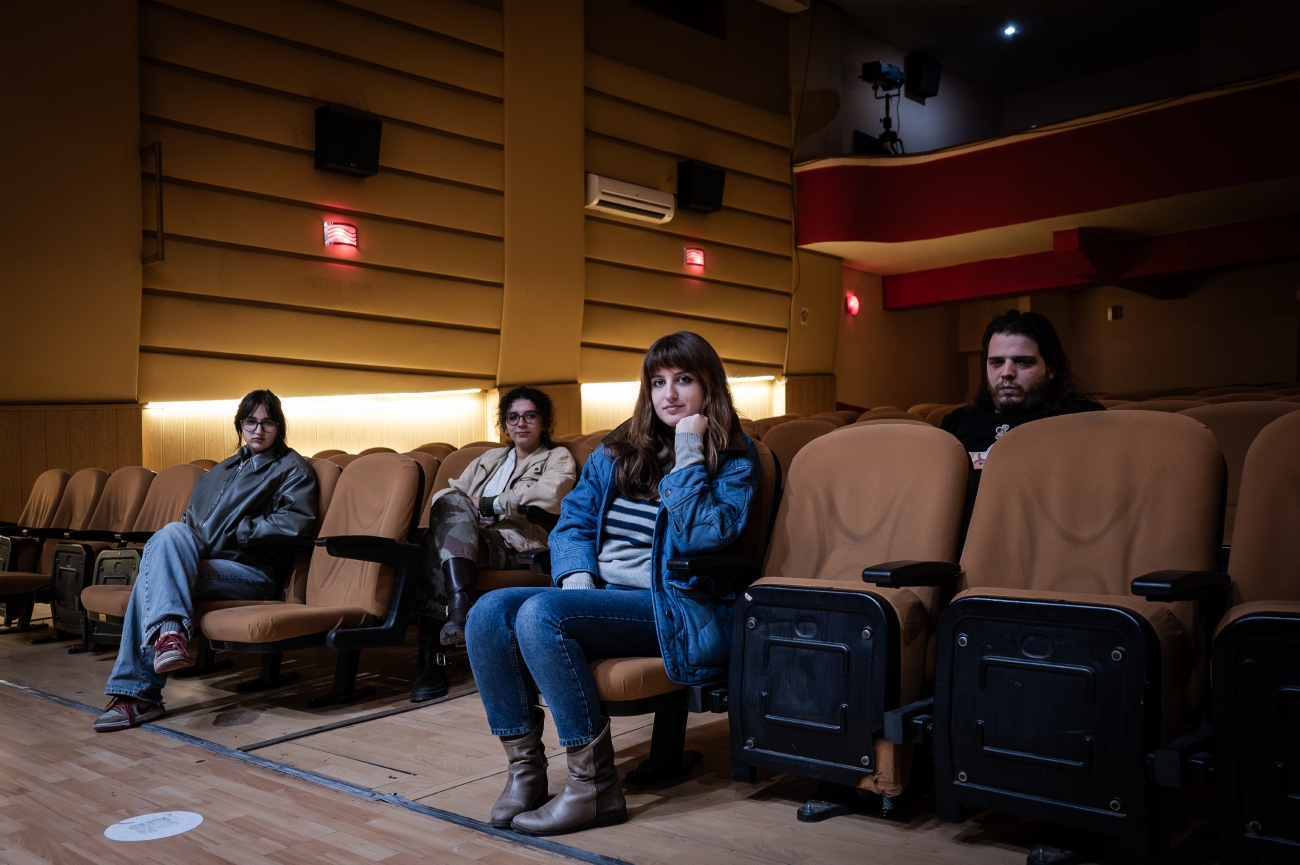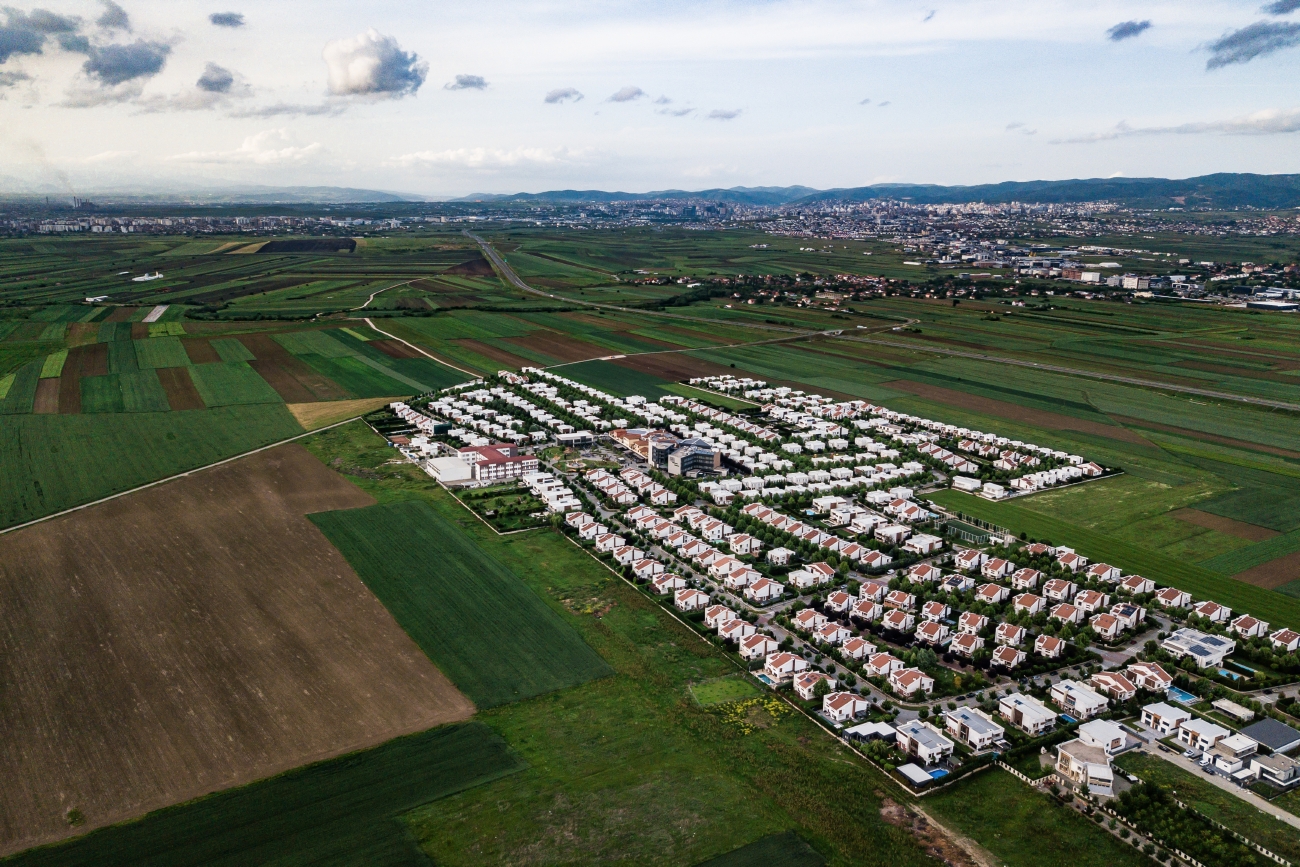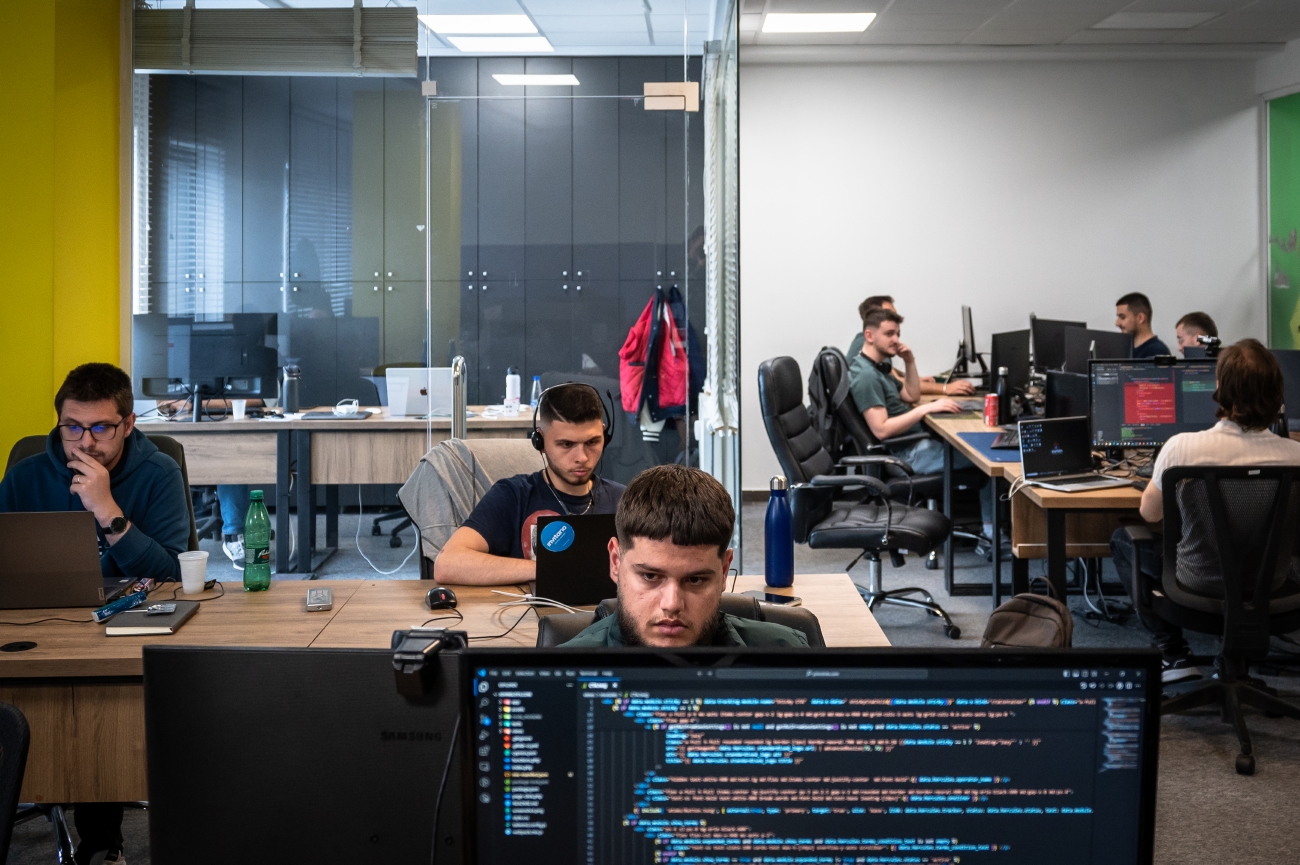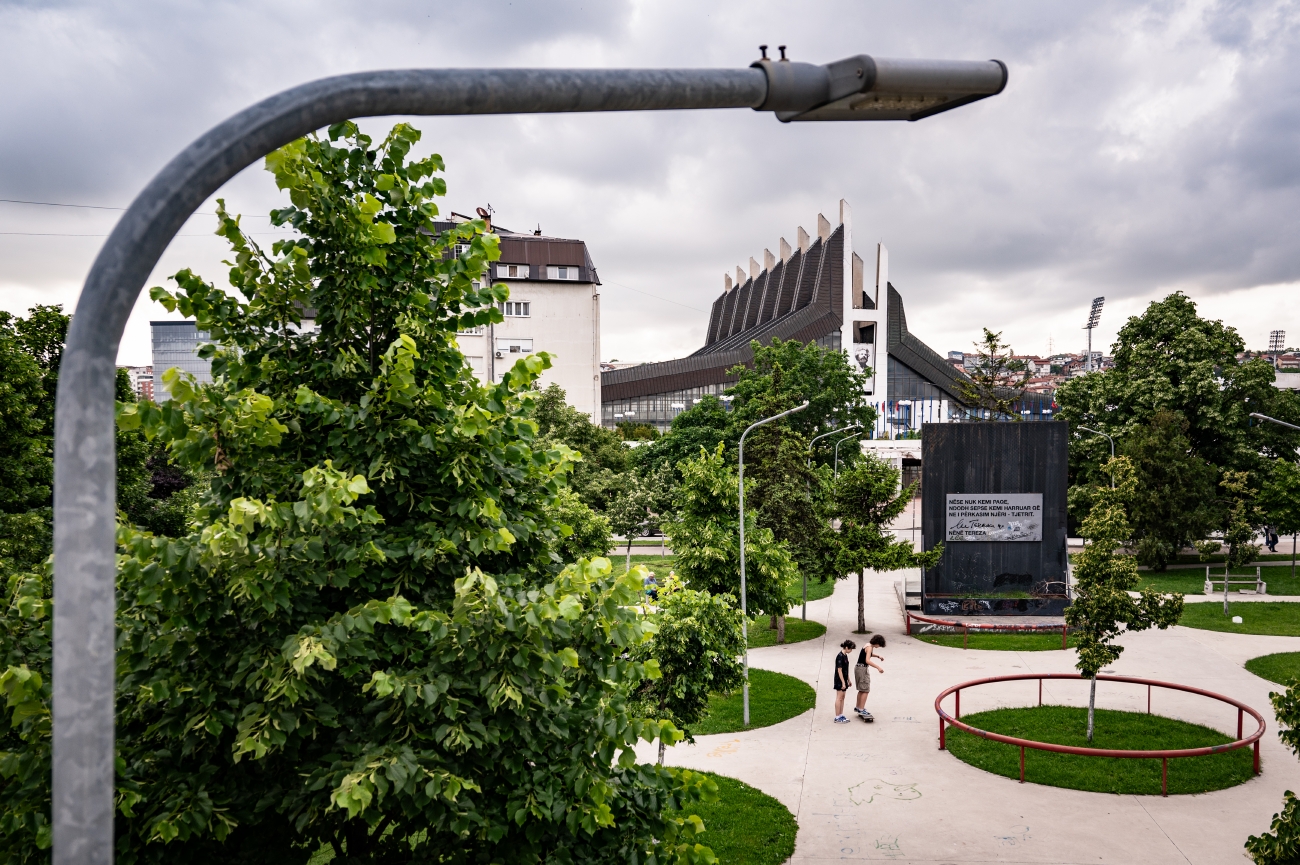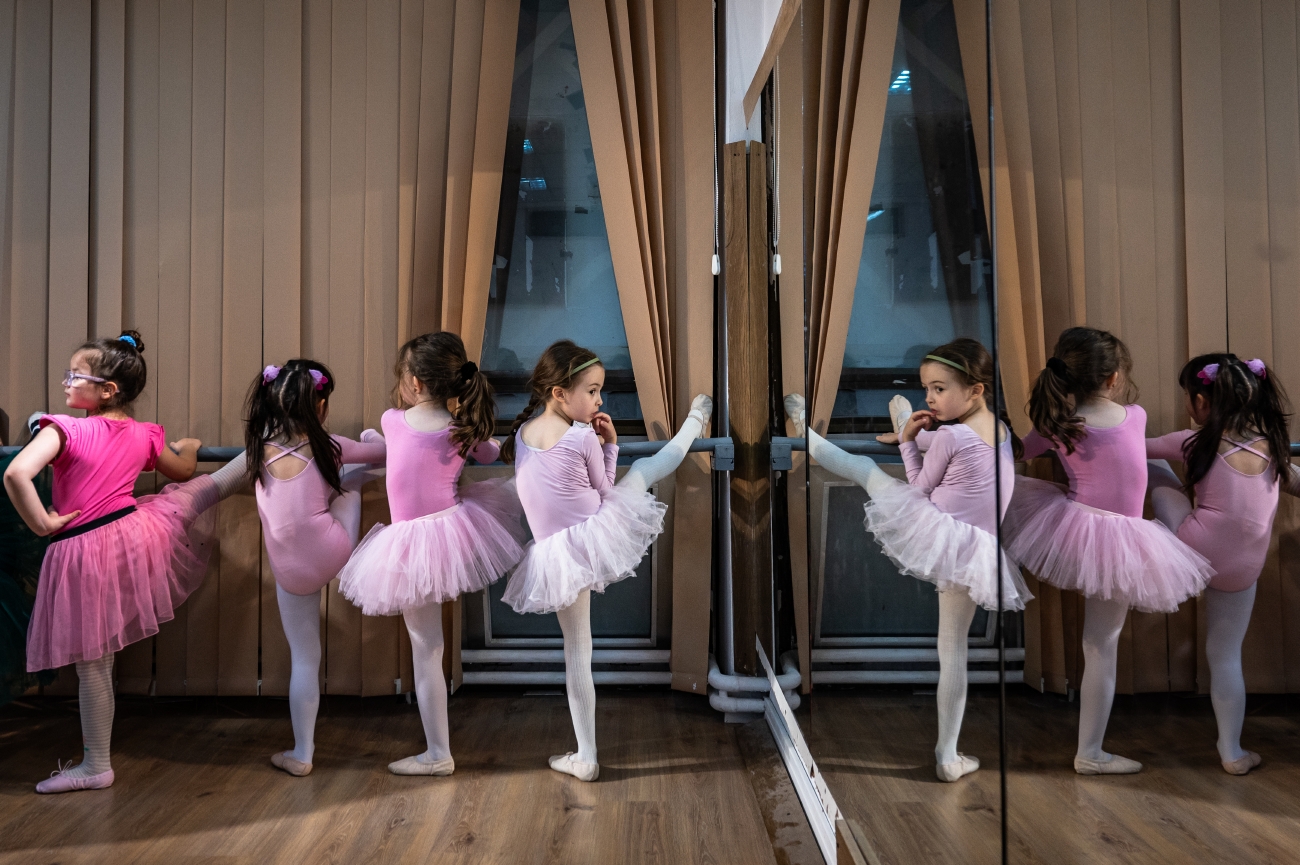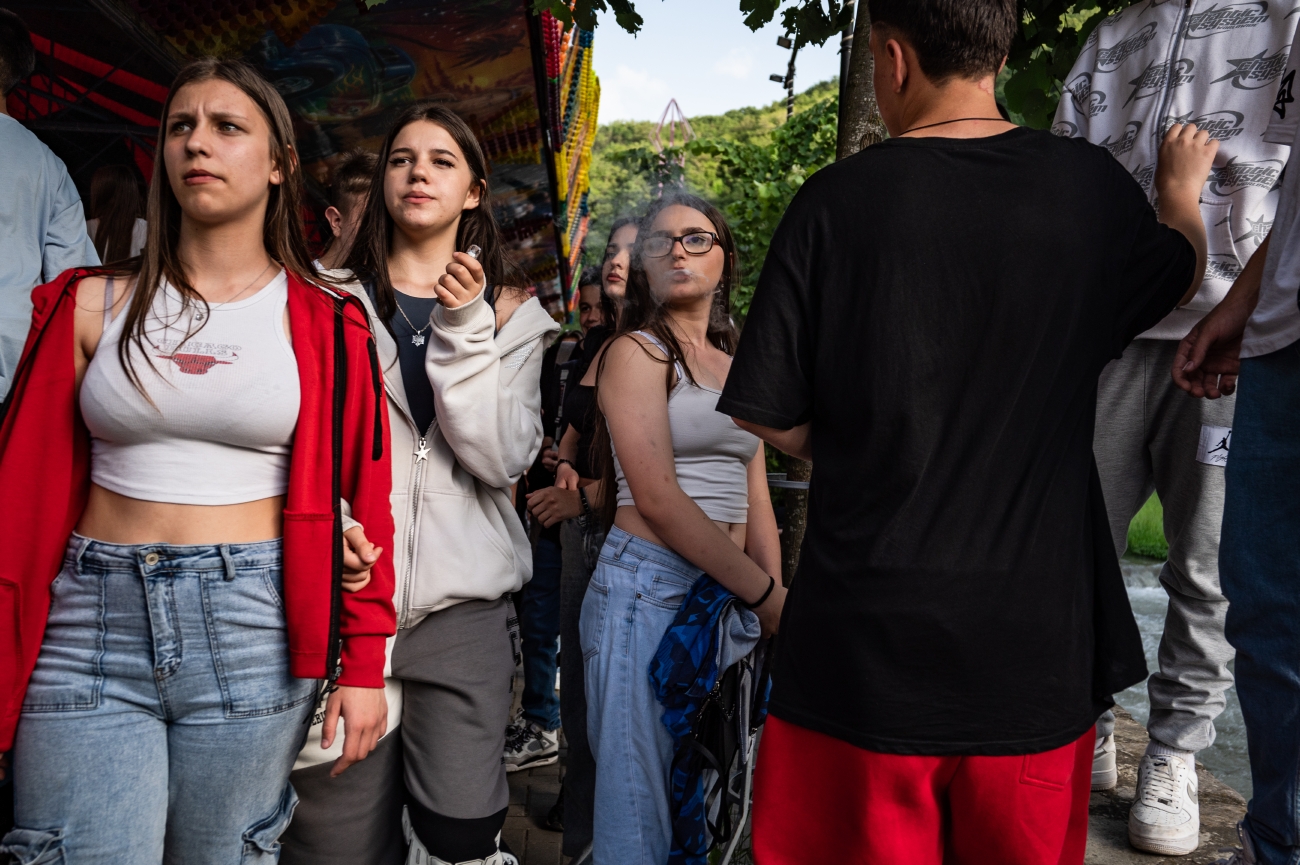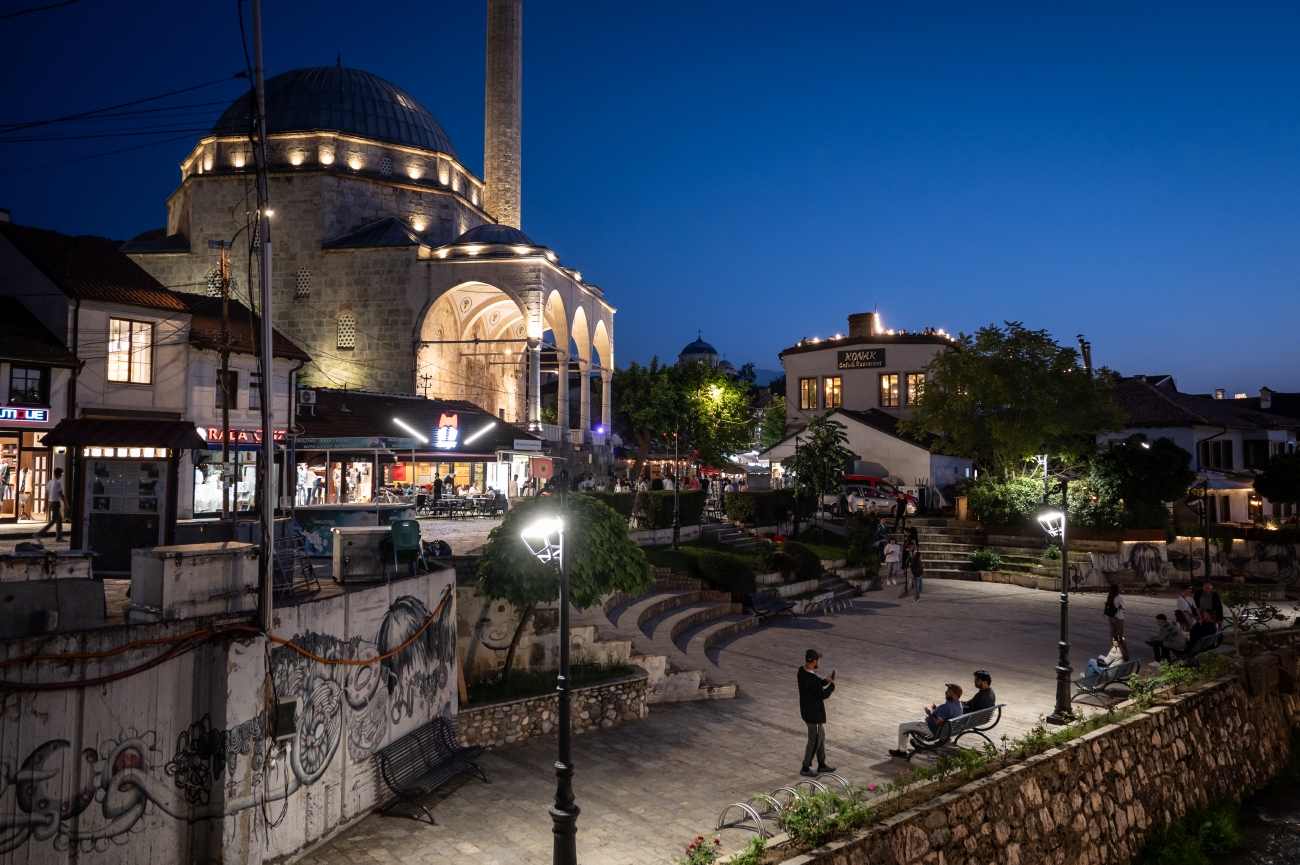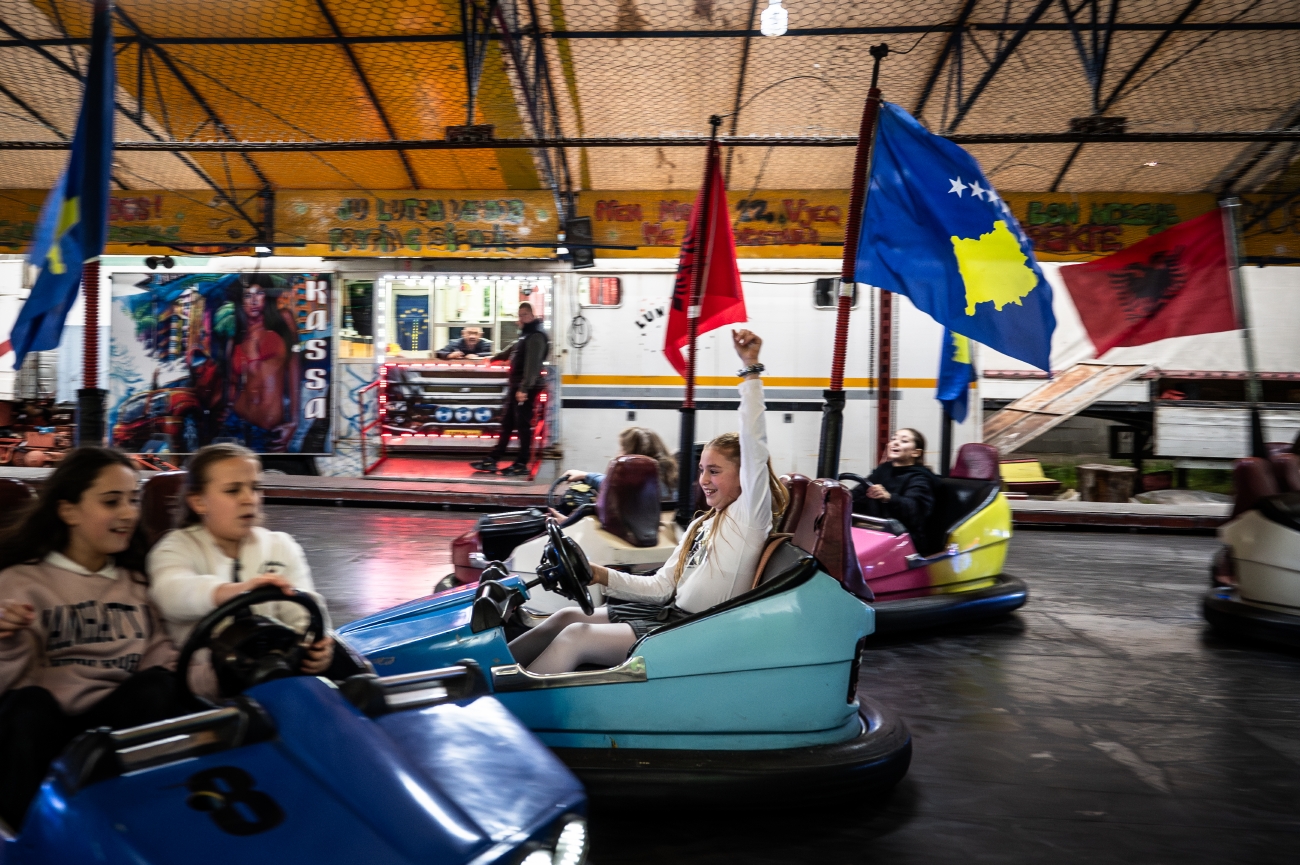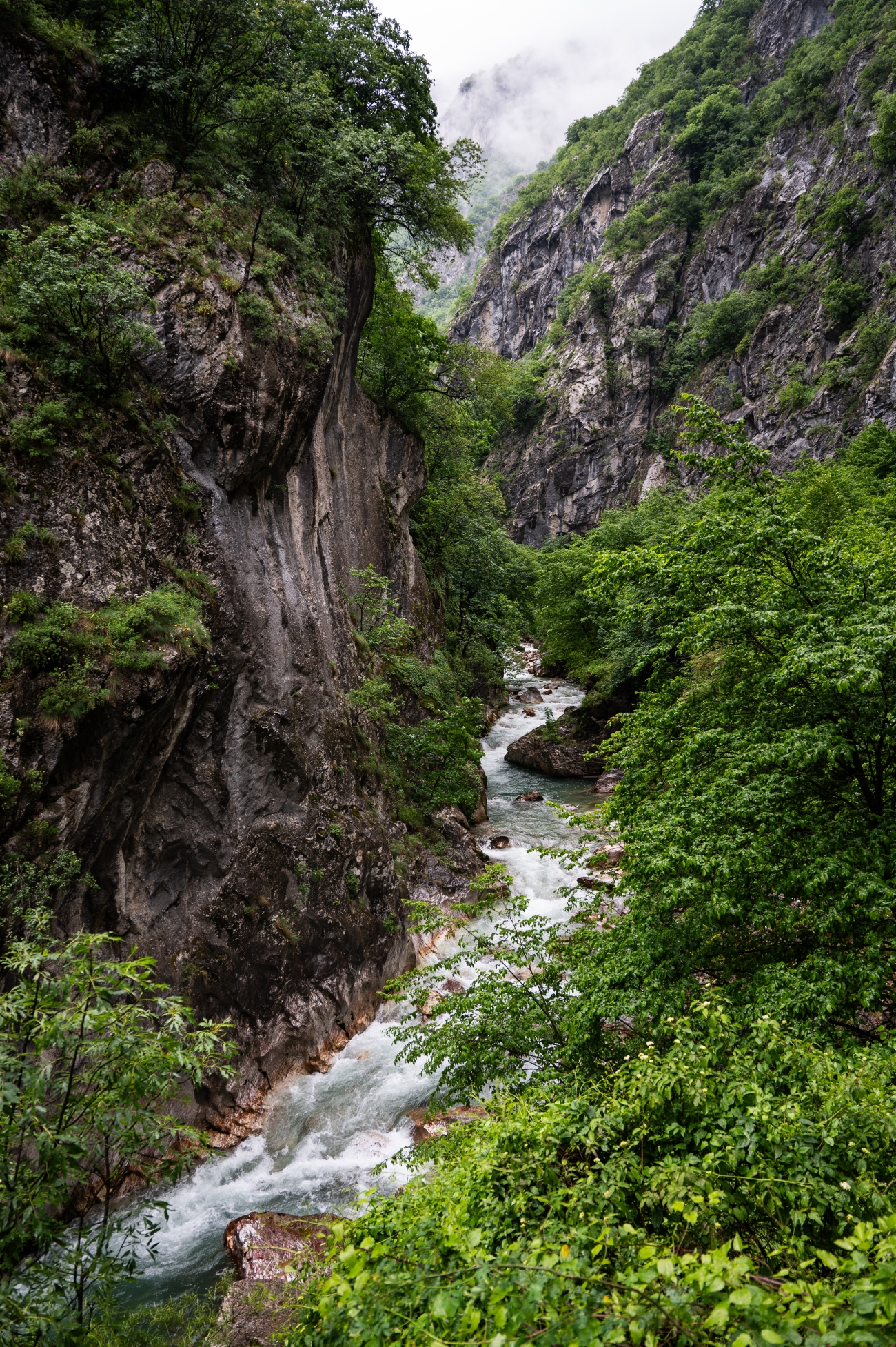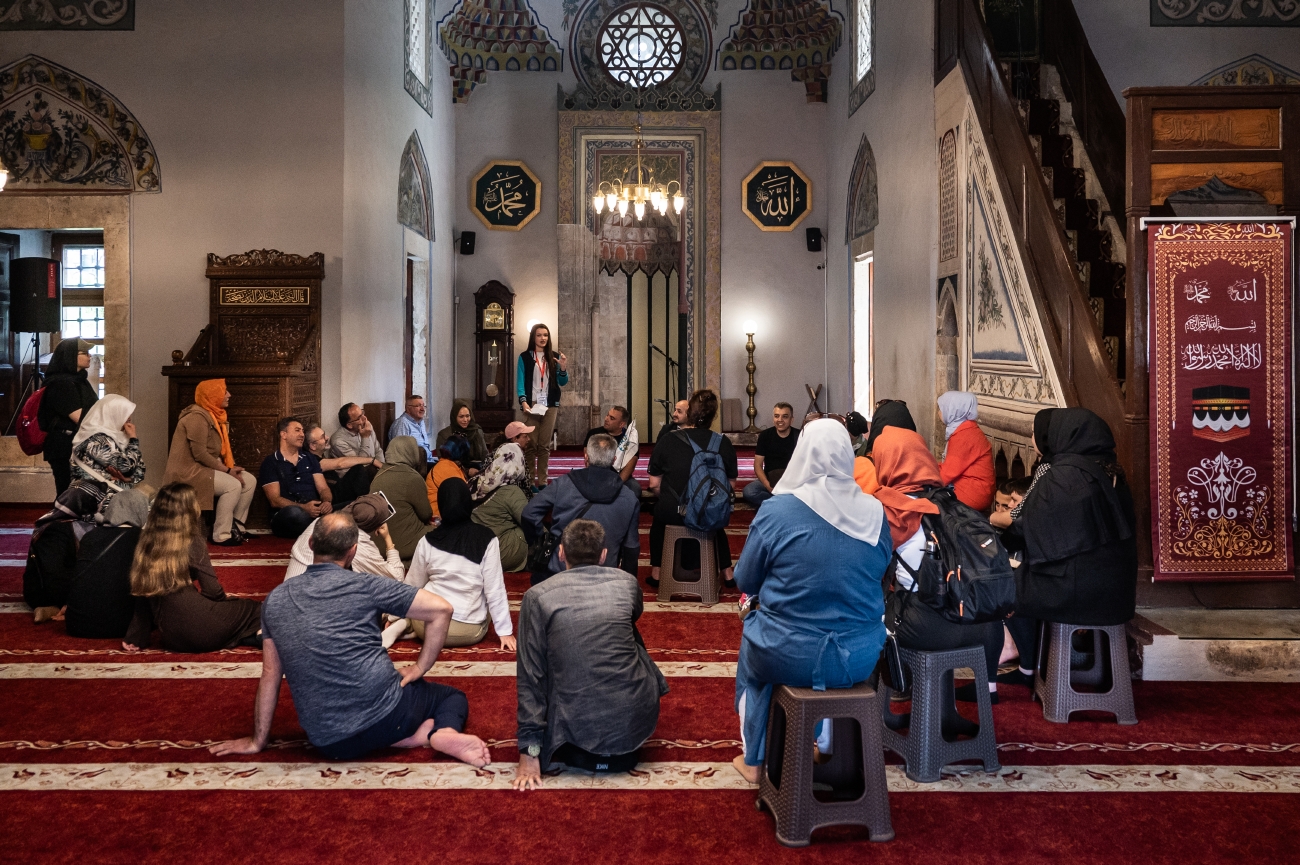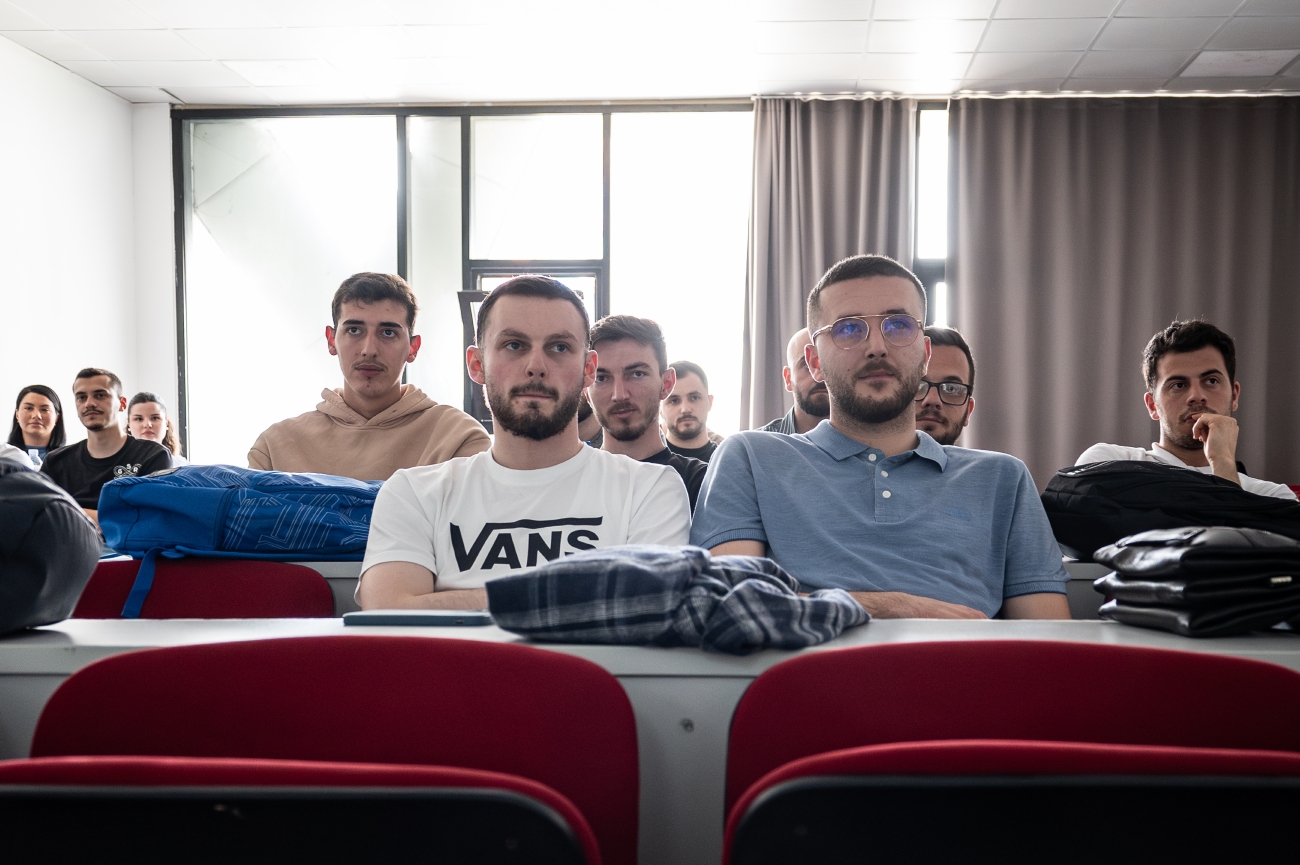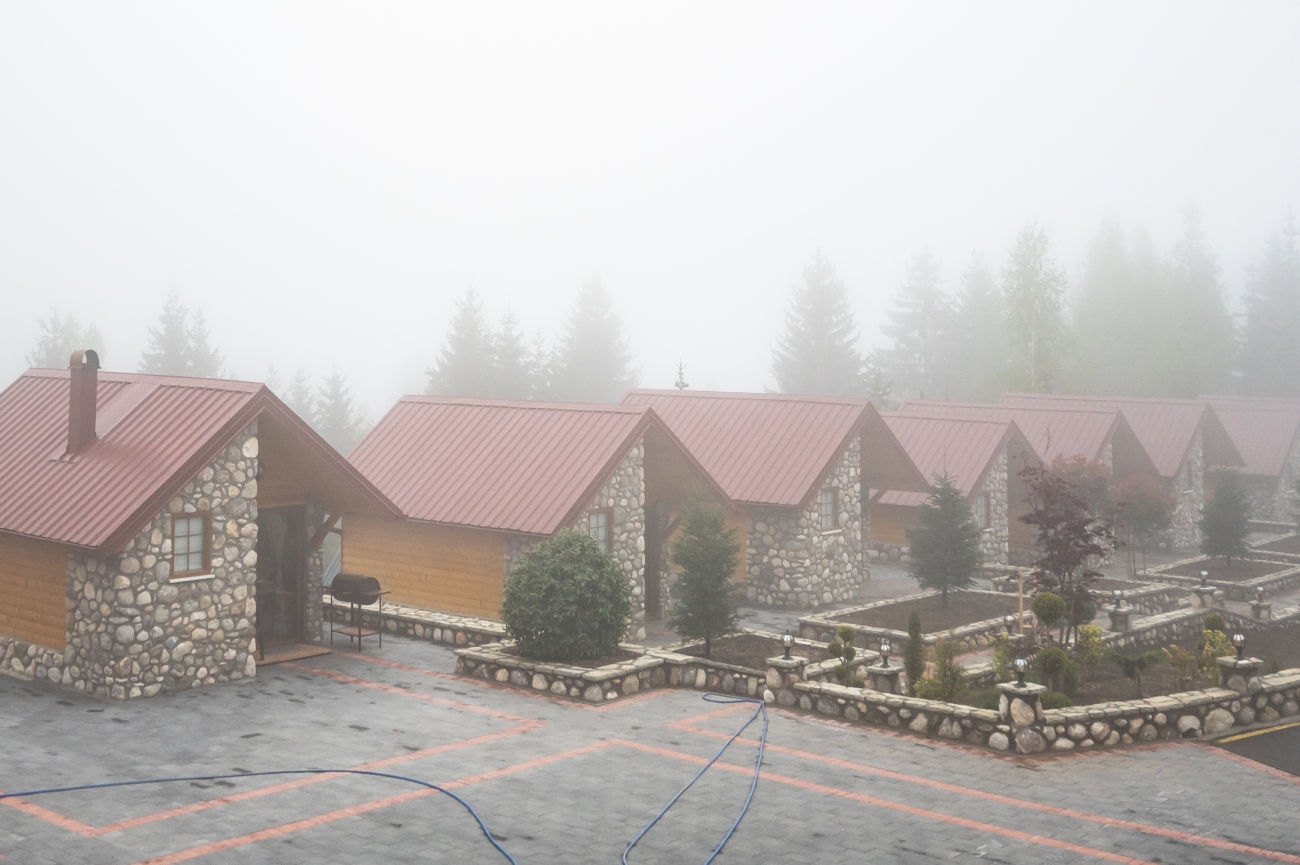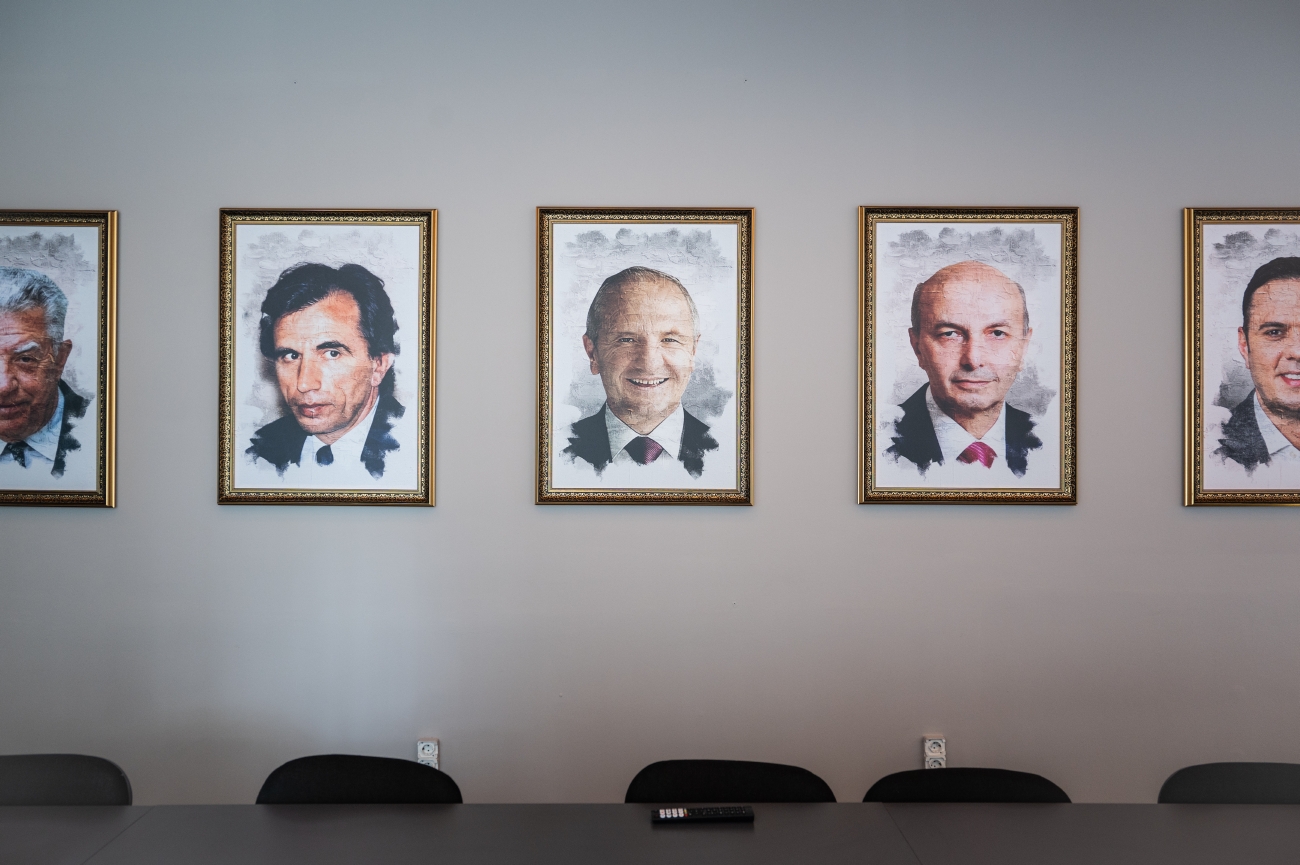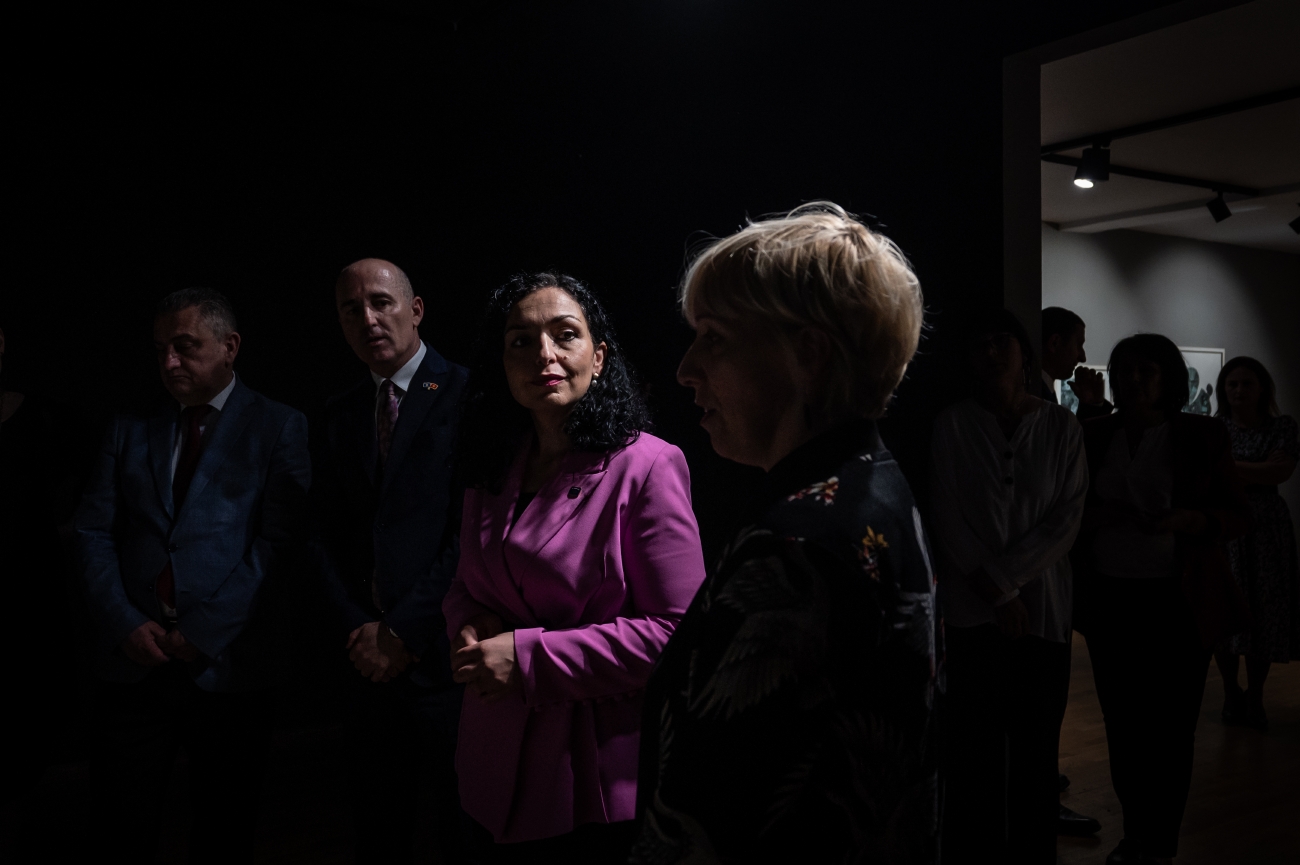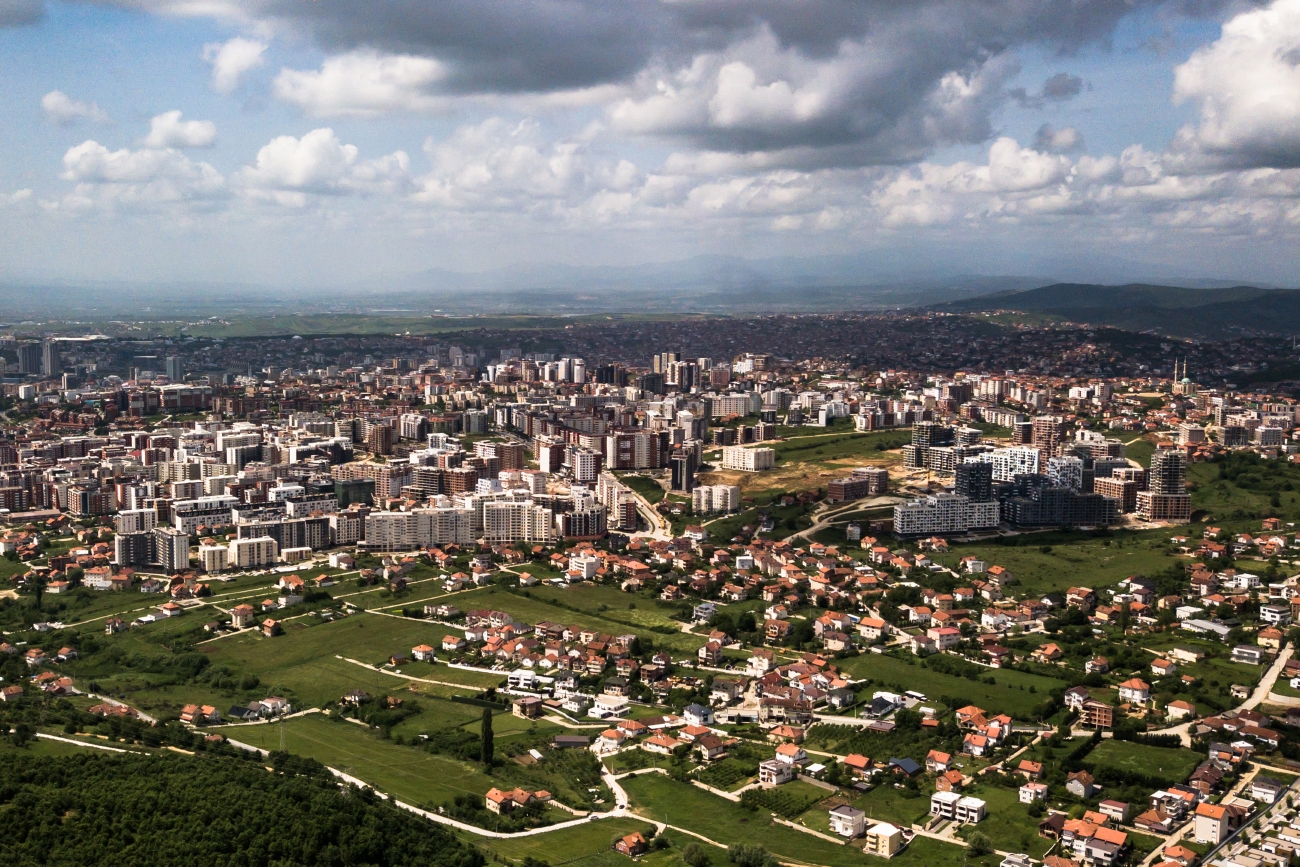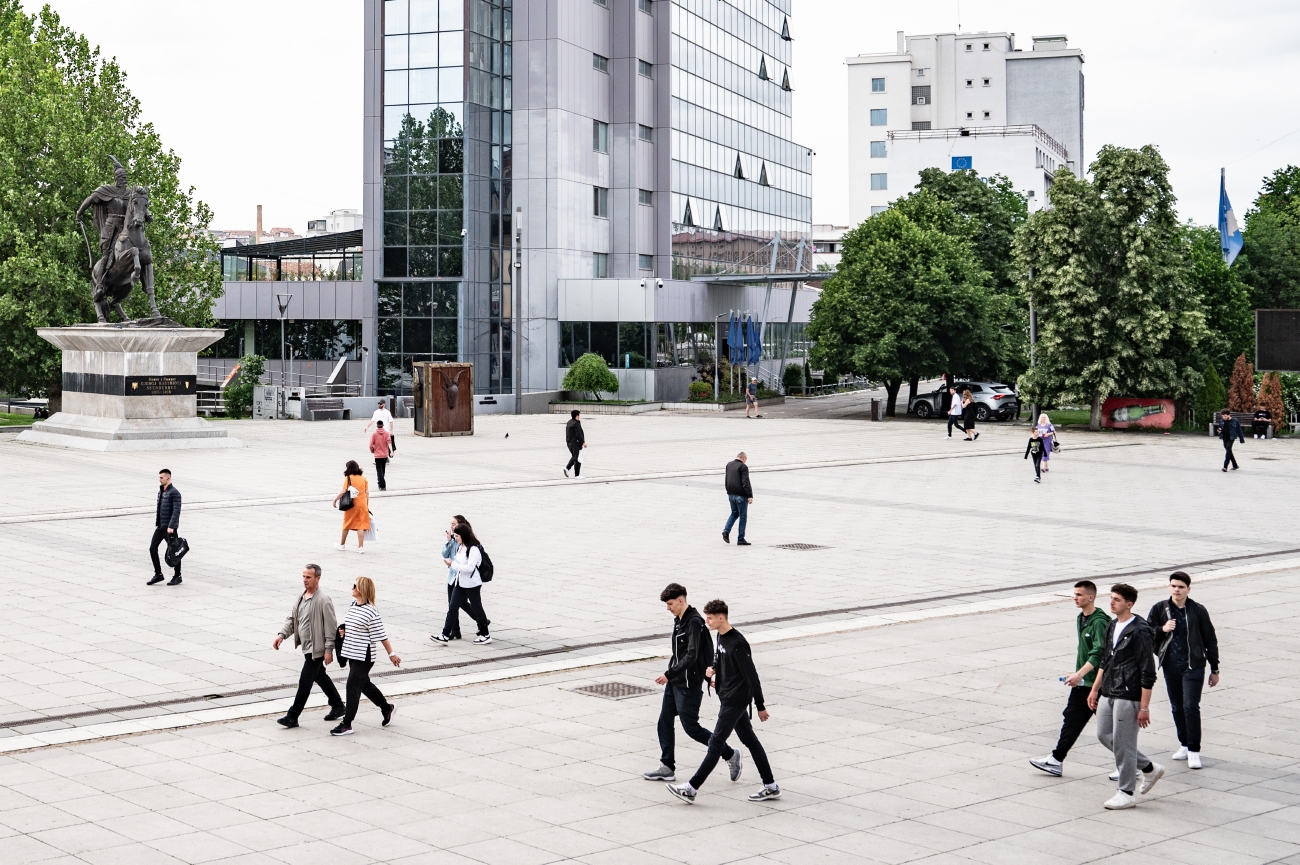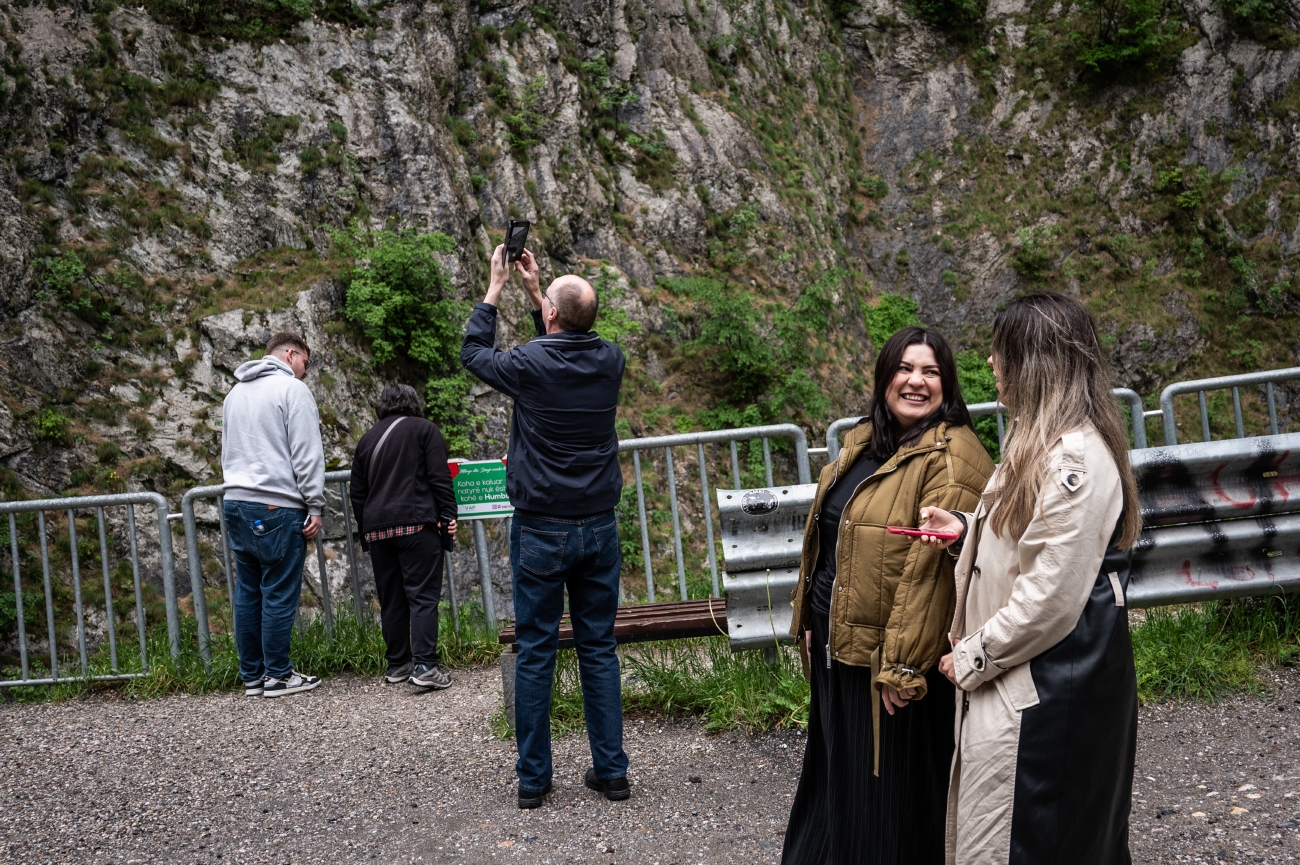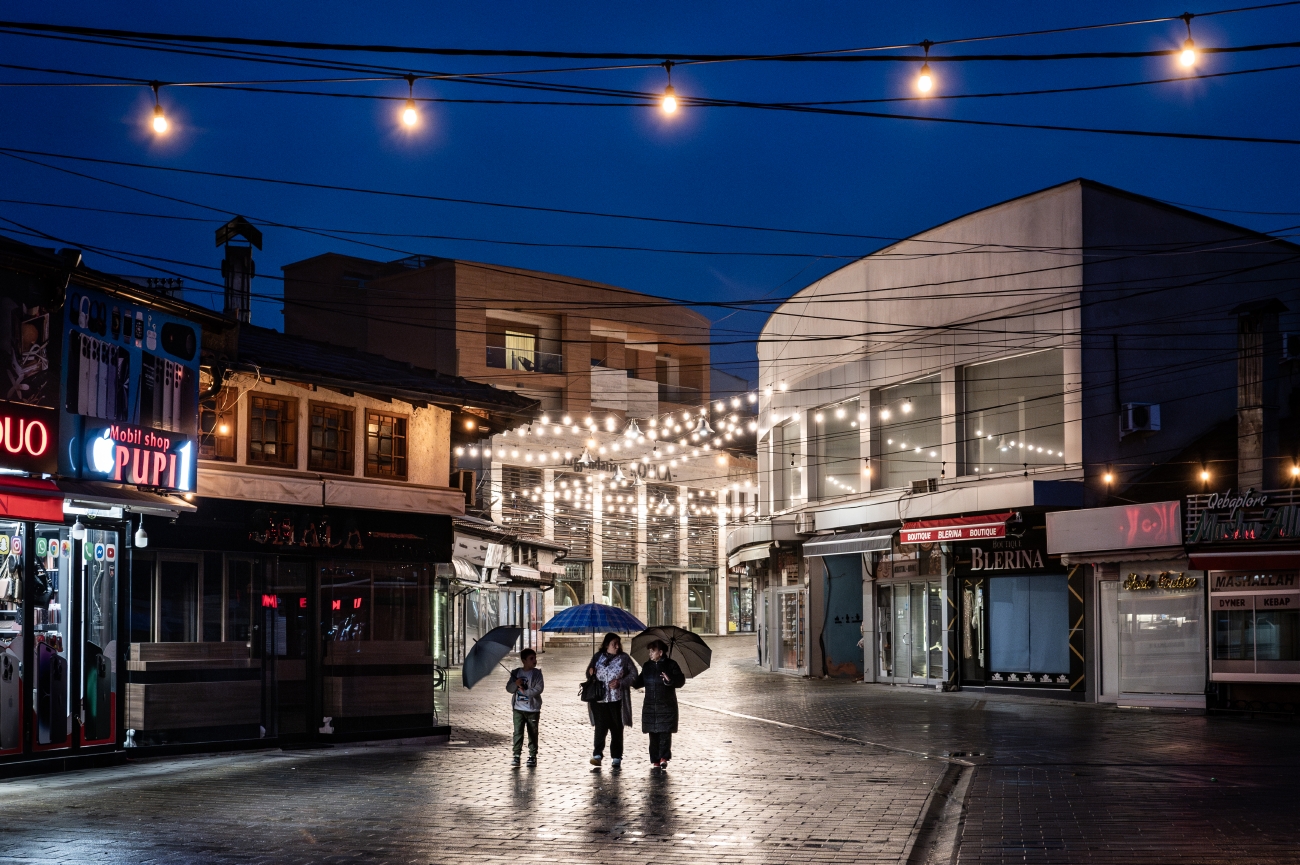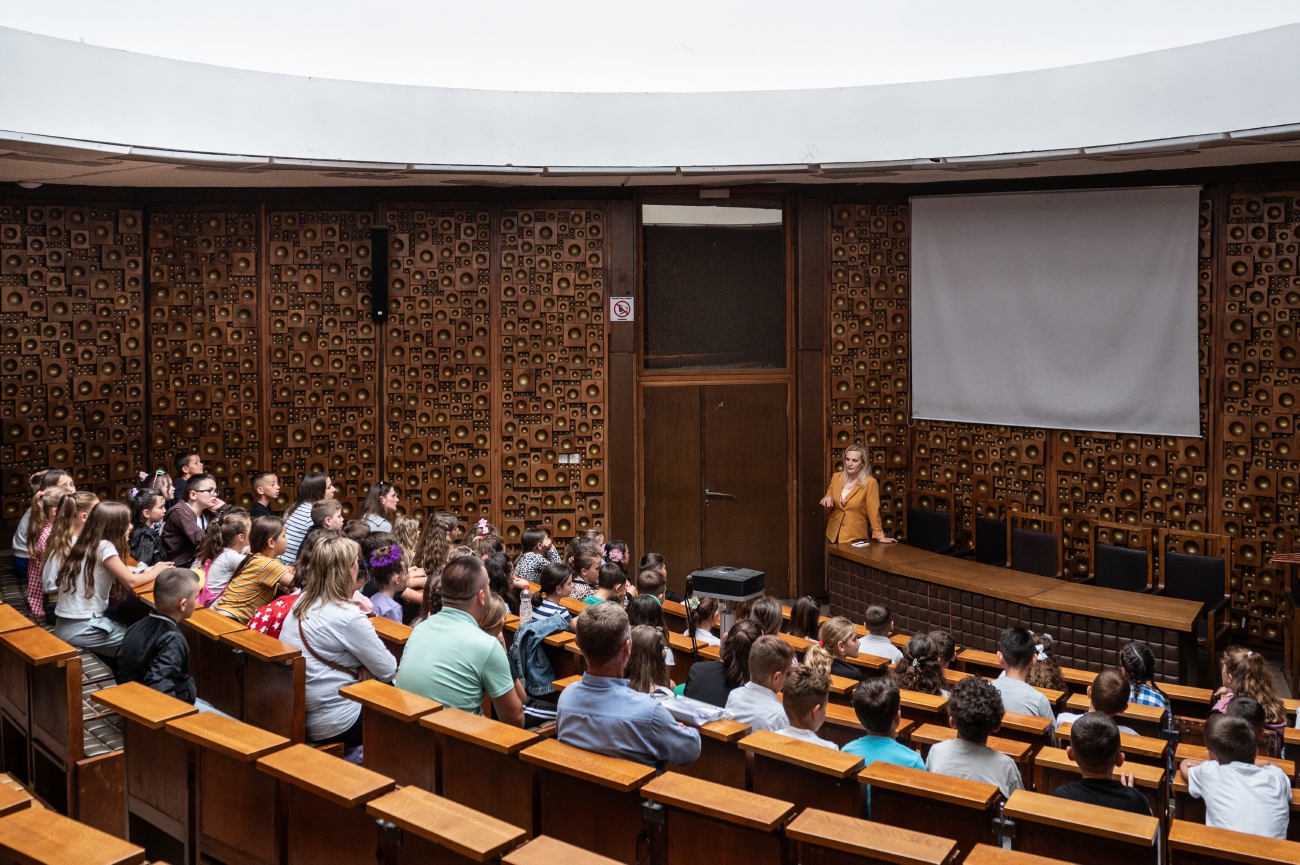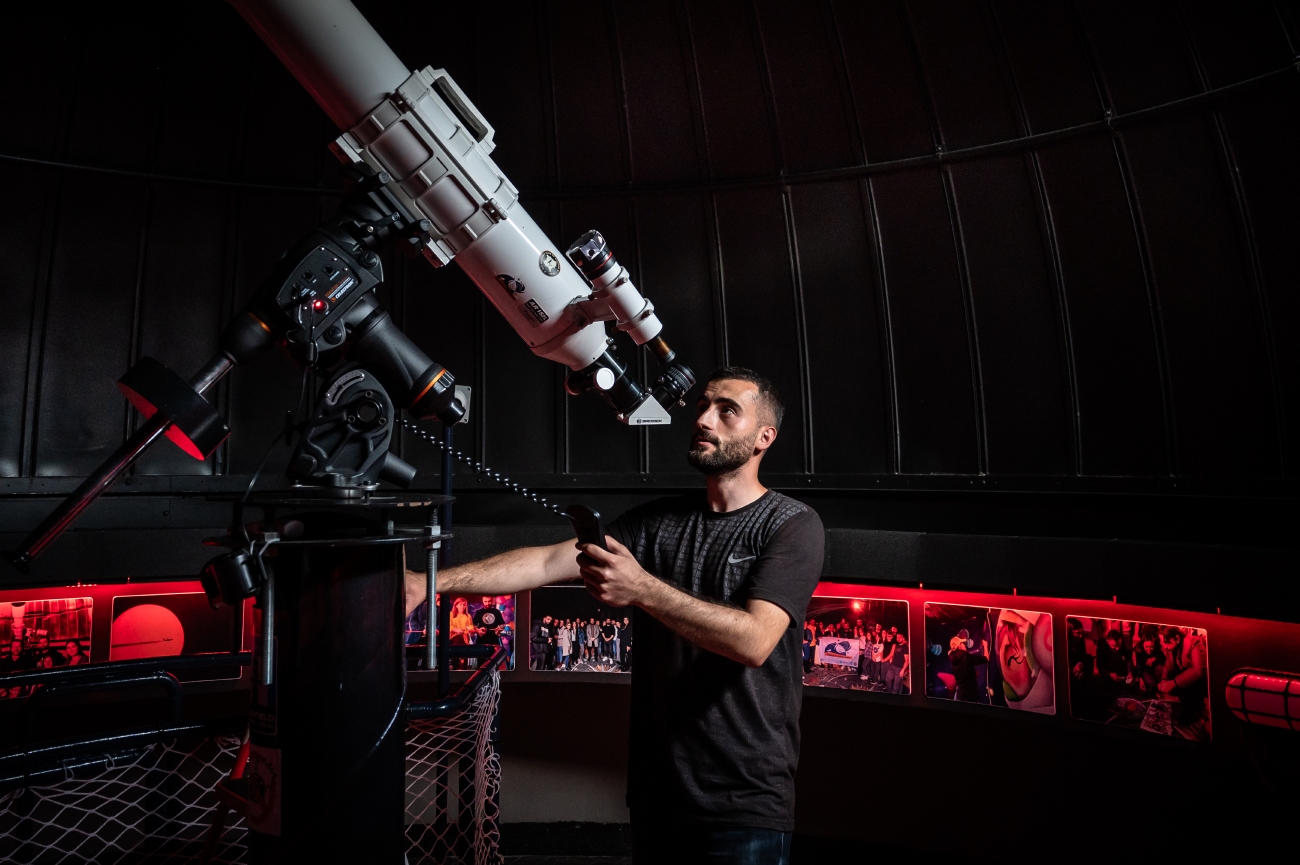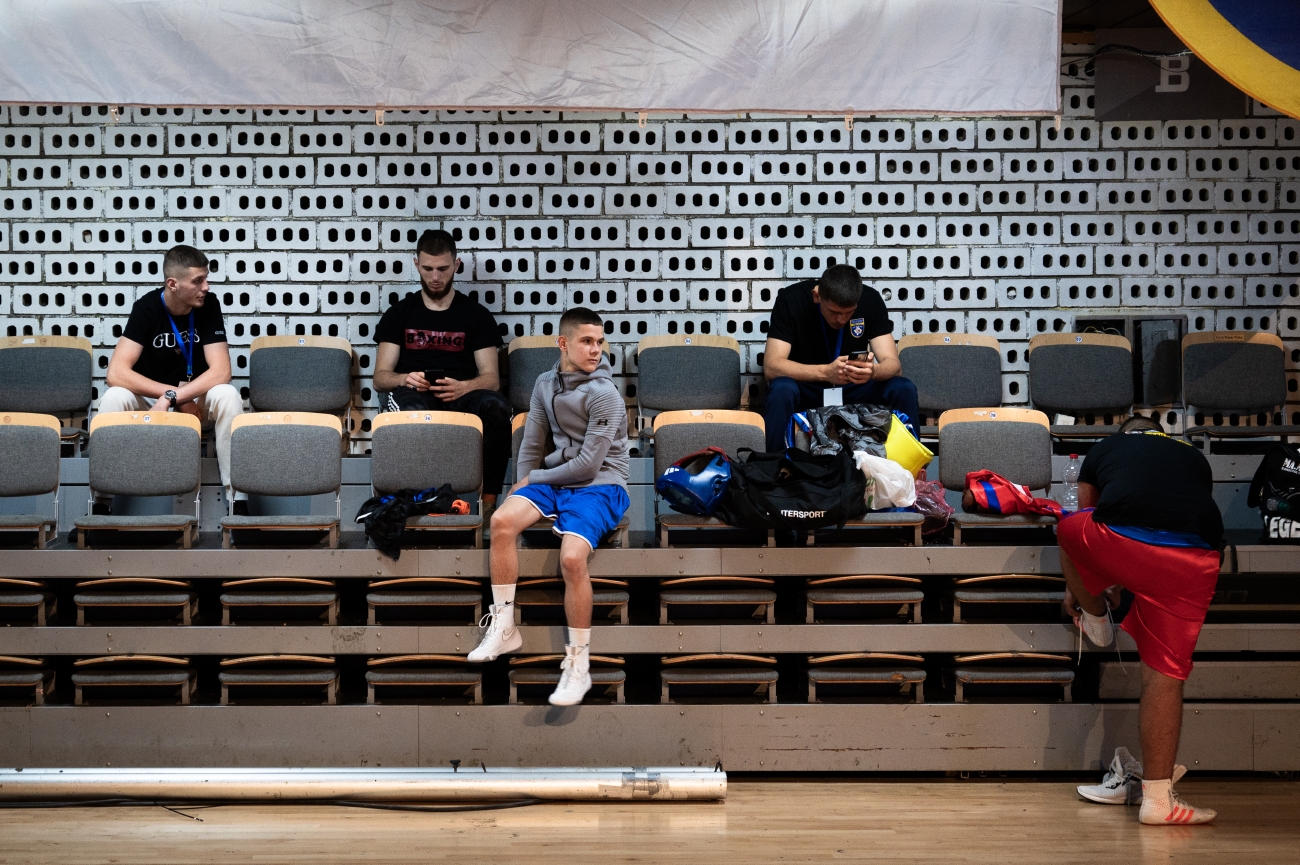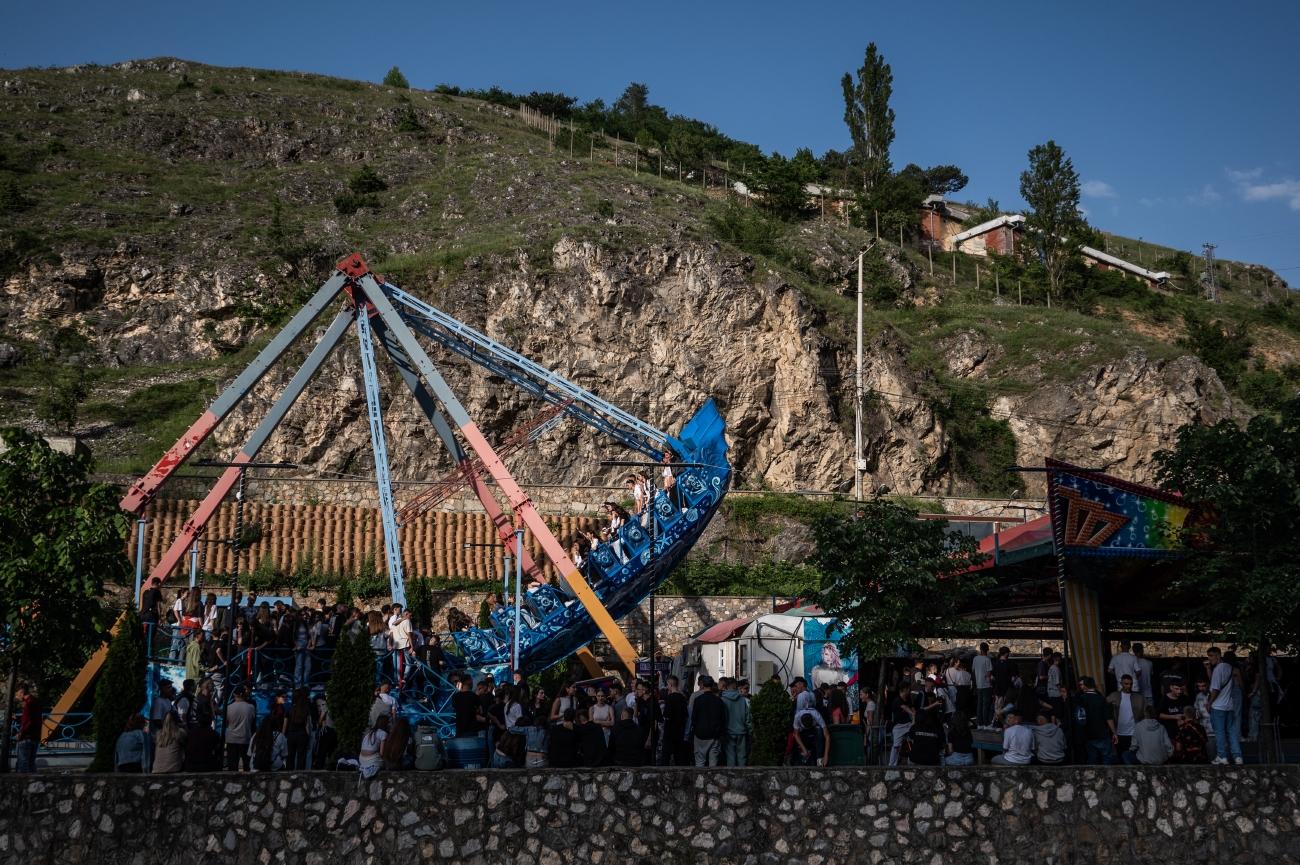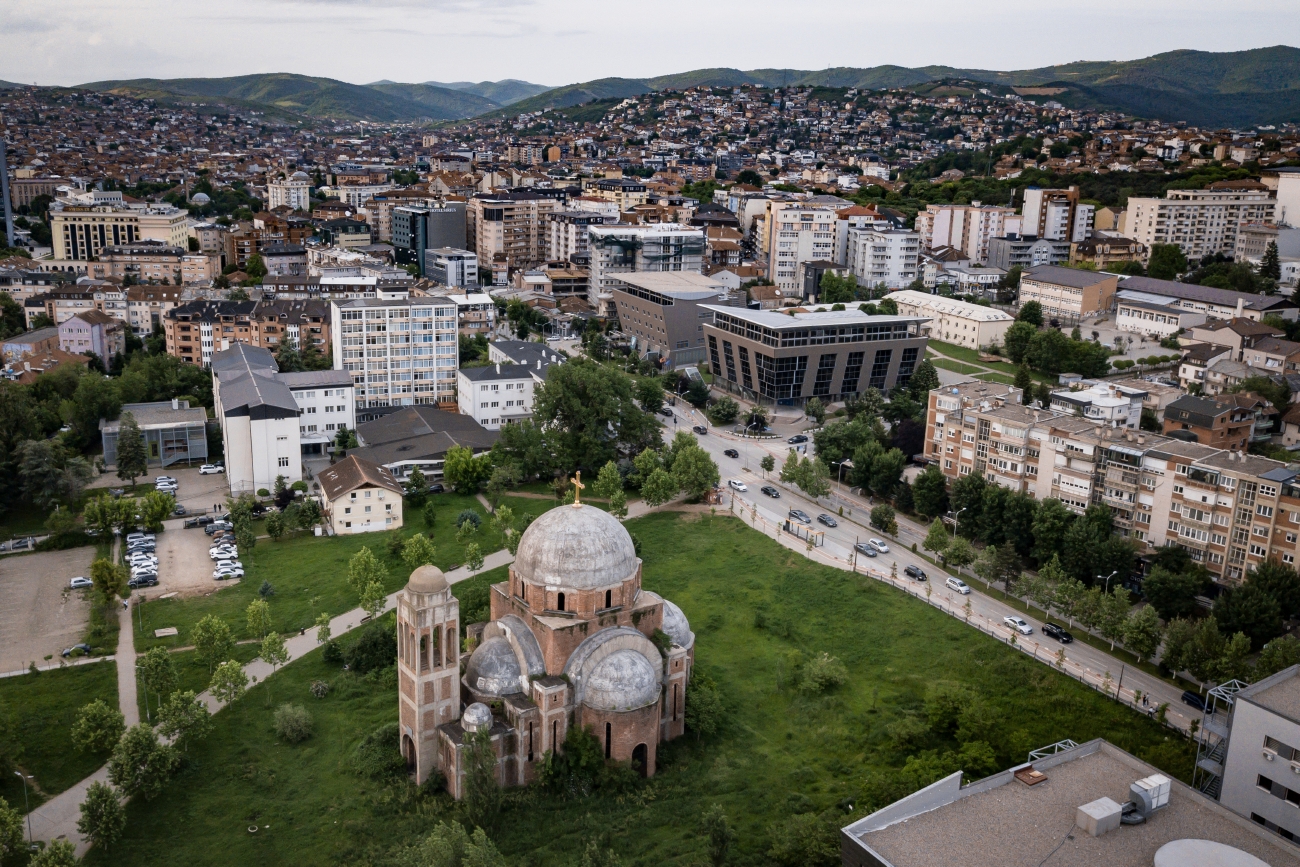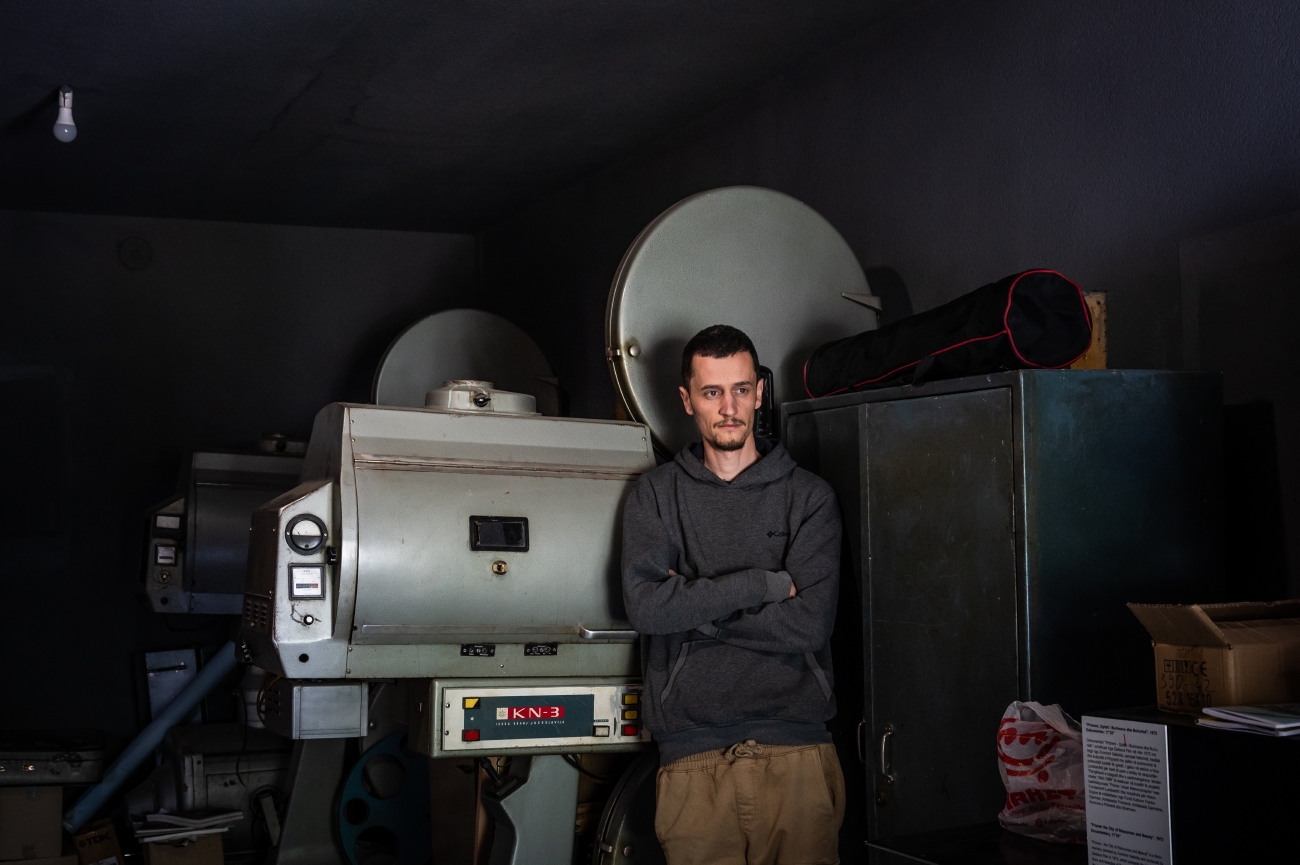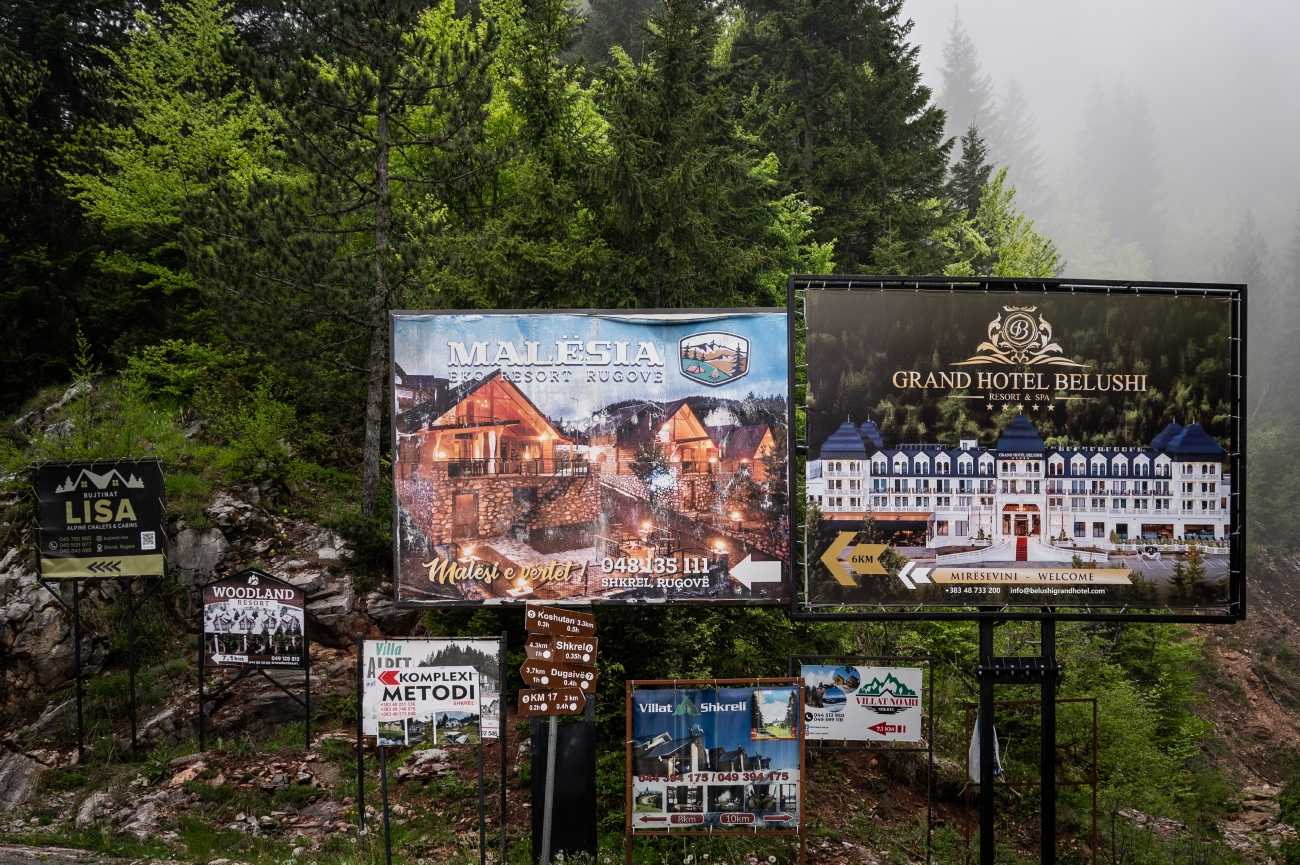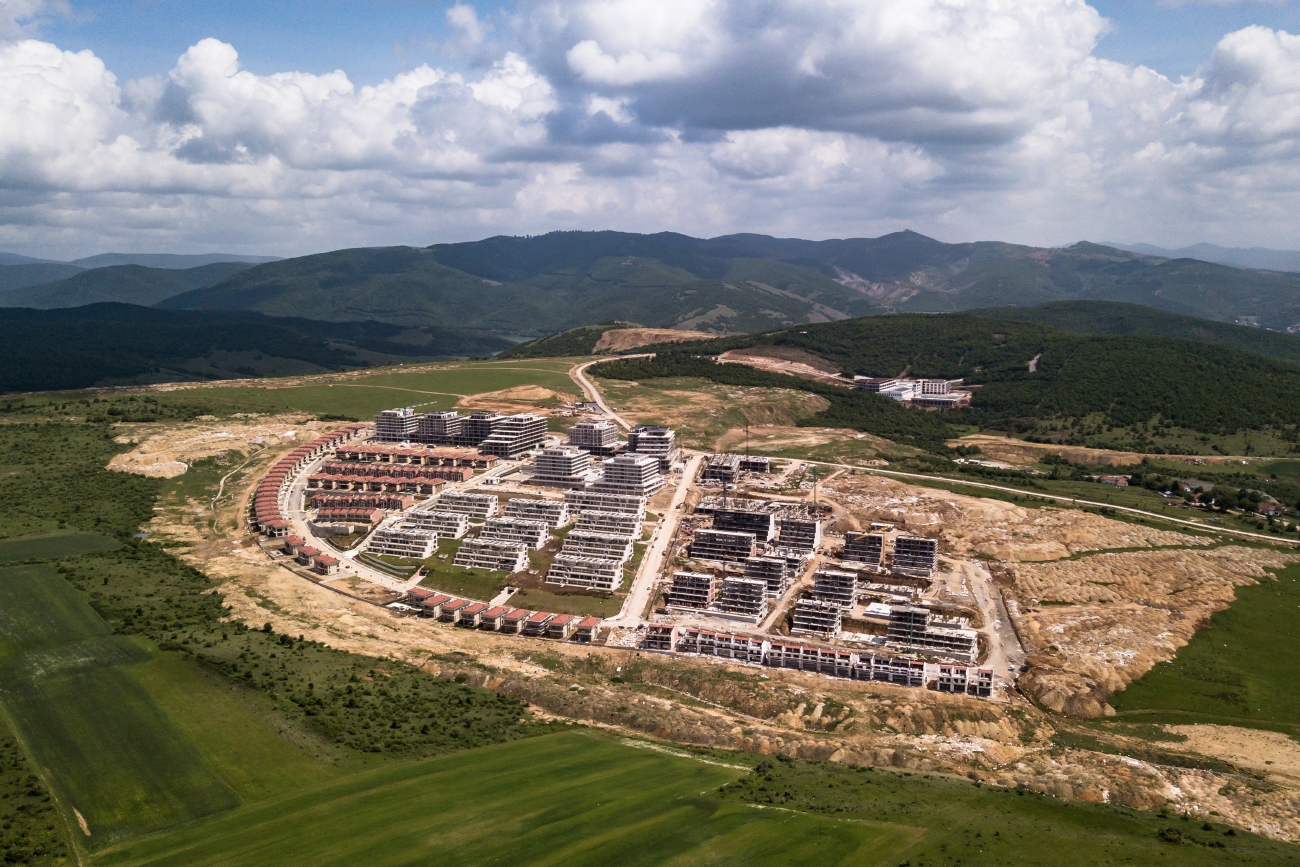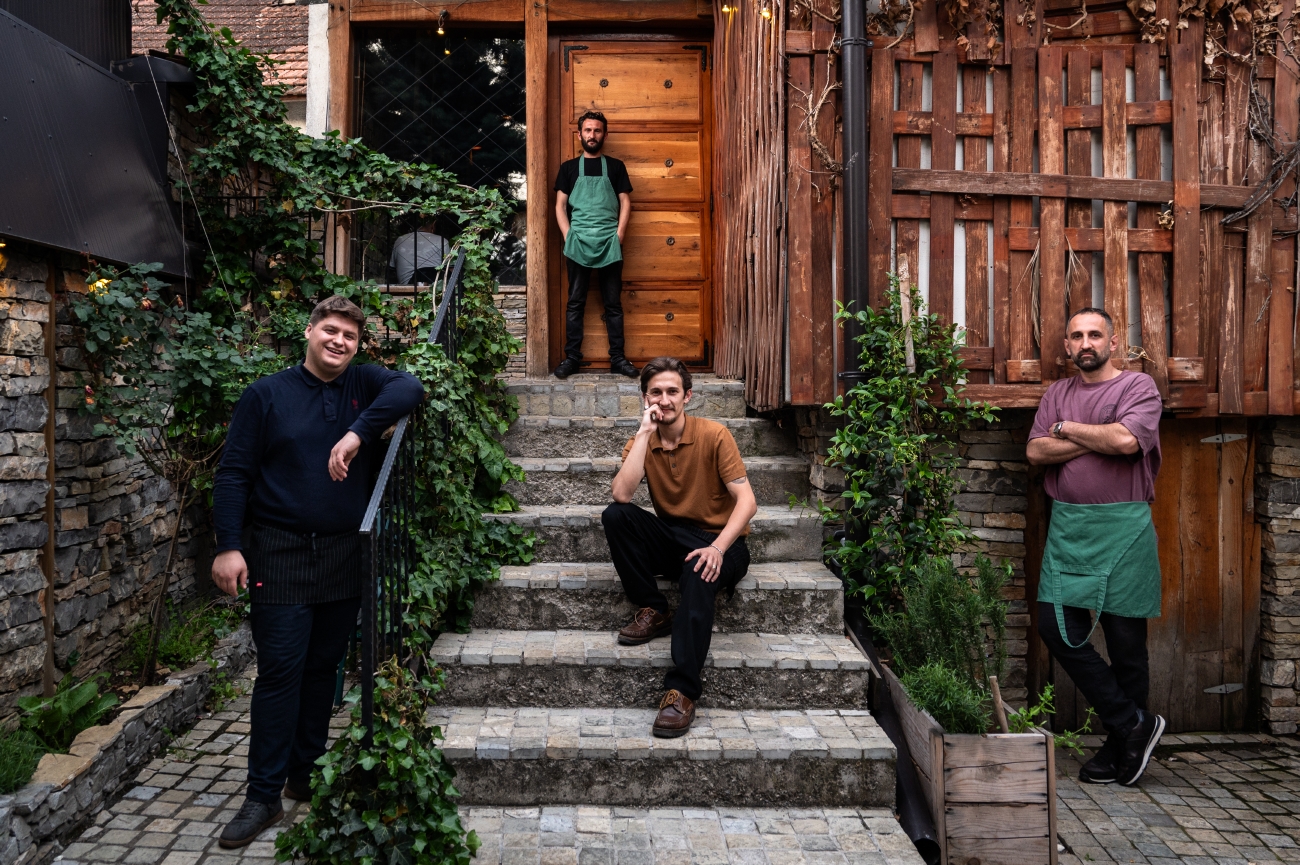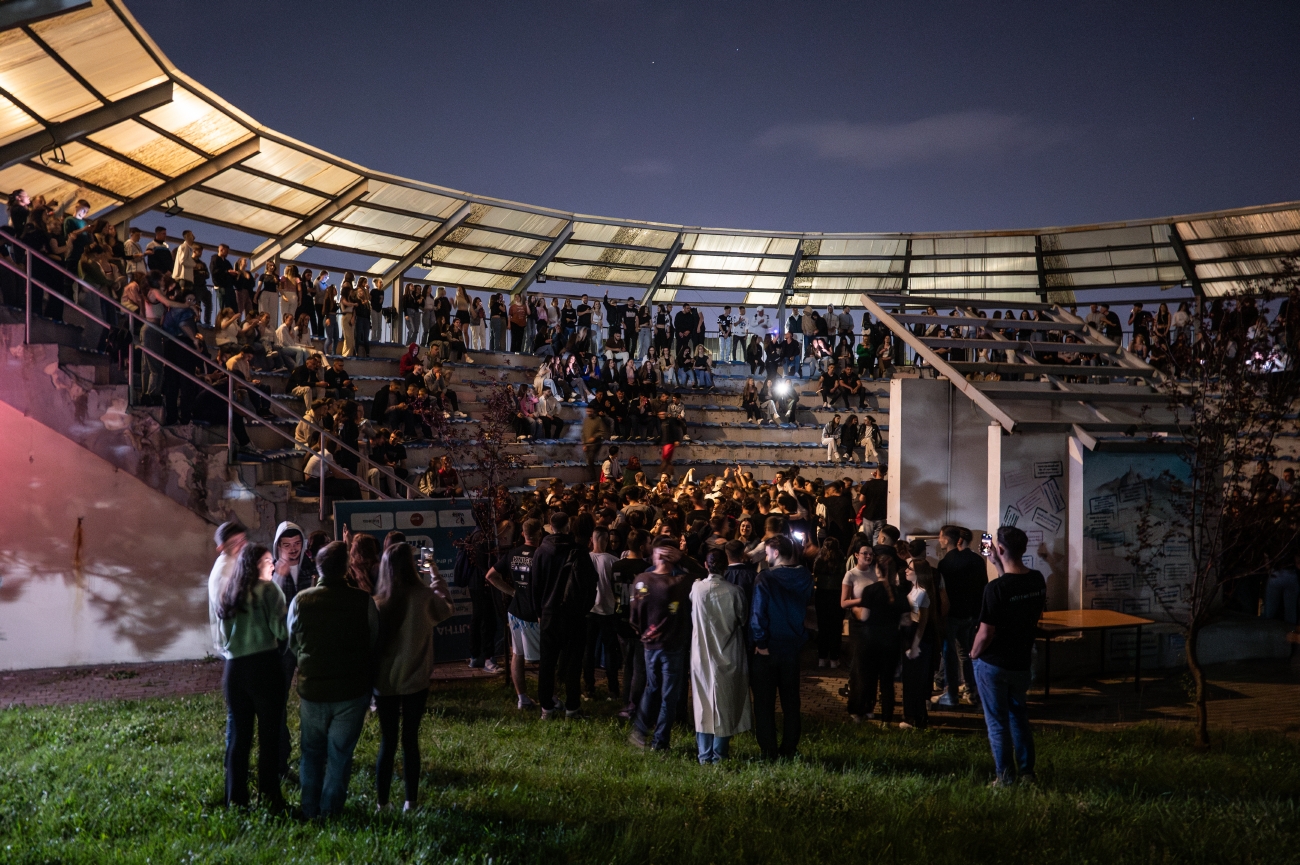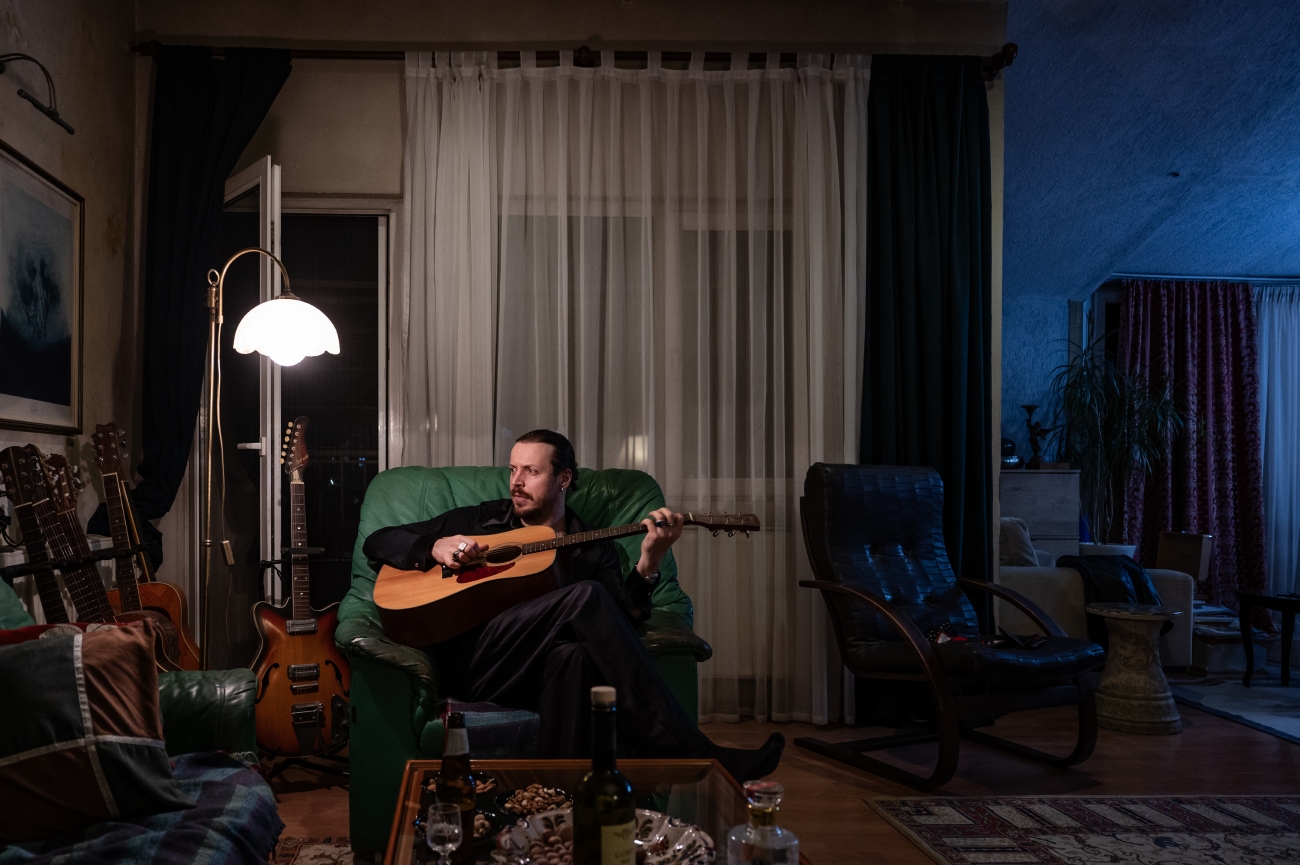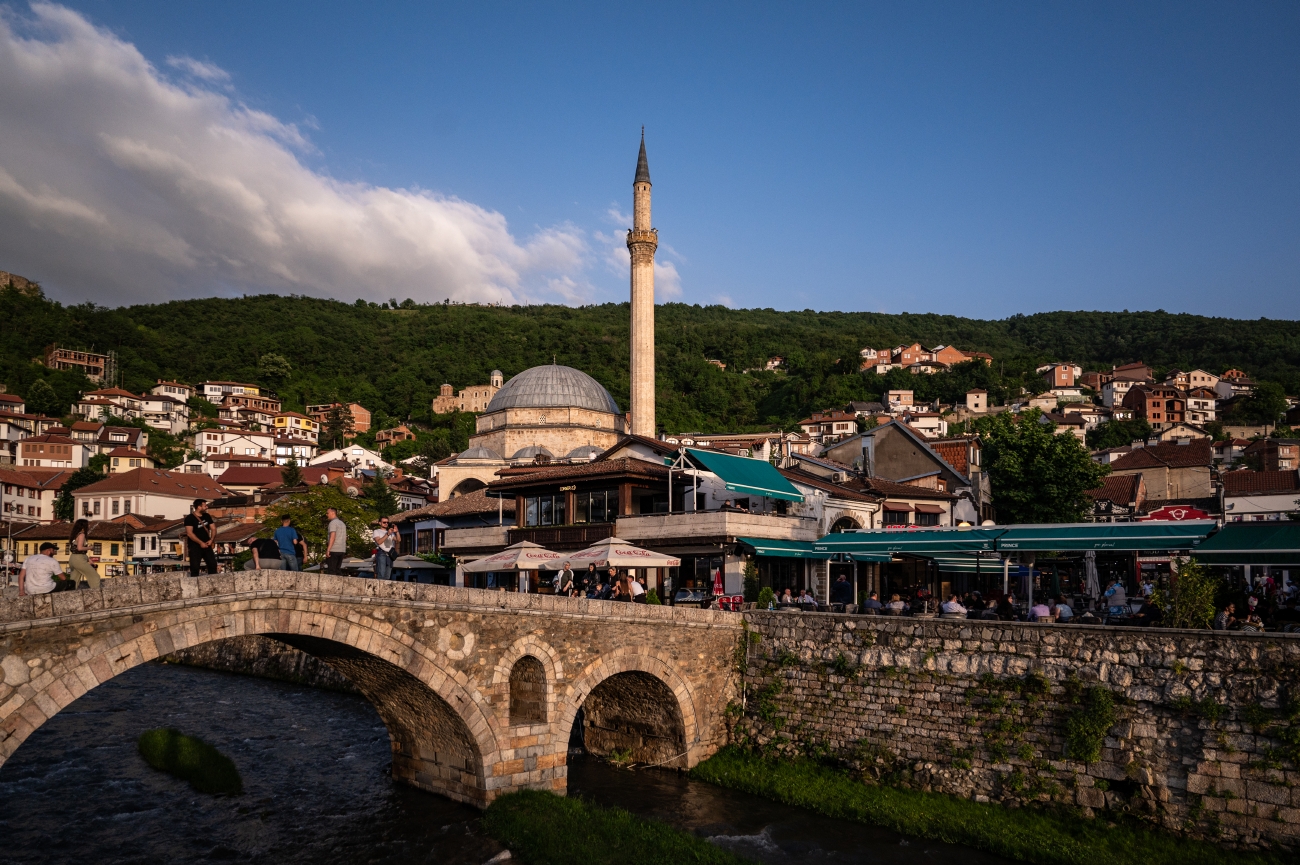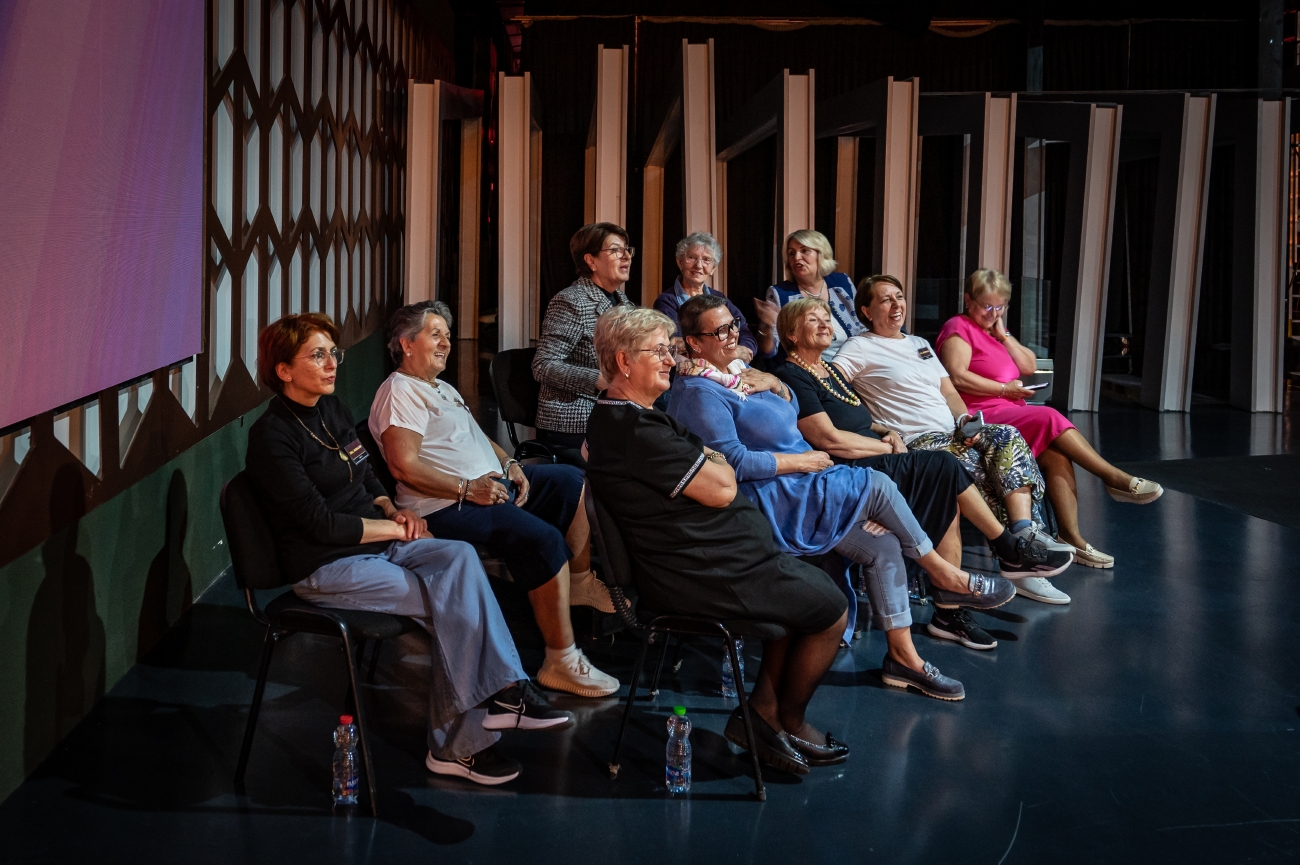The young Kosovo
How youth, technology and investment are transforming Europe’s youngest republic into the excellence of the Balkans
Photo by Alessandro Gandolfi
It is the youngest republic in Europe, in every sense. Kosovo was born only in 2008 and 60 per cent of its population is under 30 years old: an educated and digitally native “generation Z”, which has not experienced war and is open to change just like their favourite Dua Lipa (the pop star who grew up between London and Pristina). Of course, with four thousand euros of GDP per capita, Kosovo is also the poorest country on the continent but things are changing fast: there are those who argue that innovative start-ups, technology development, foreign investment and academic excellence could turn the former Serbian province into the Singapore of the Balkans. Meanwhile from January 2024 its population will be able to travel to EU countries without a visa: ‘an historic decision,’ explains businessman Darsej Rizaj, ‘that will open us up to the European Union and take us out of the ghetto in which diplomacy and geopolitics – still complex in the Balkan region – have relegated us for 15 years.’
Kosovo has always aspired to join the EU and although it is not a member, it has adopted the Euro since 2002. ‘Ours, however, is still a weak brand,’ Rizaj points out, ‘and we pay for the prejudices of those who still consider us Third World.’ Many people are ready to bet on Kosovo’s future and as music producer Rinor Ukimeri – inventor of We Sing, Kosovo’s first music competition – says, ‘this country is full of talents: we just have to look for them!’
(2024)
